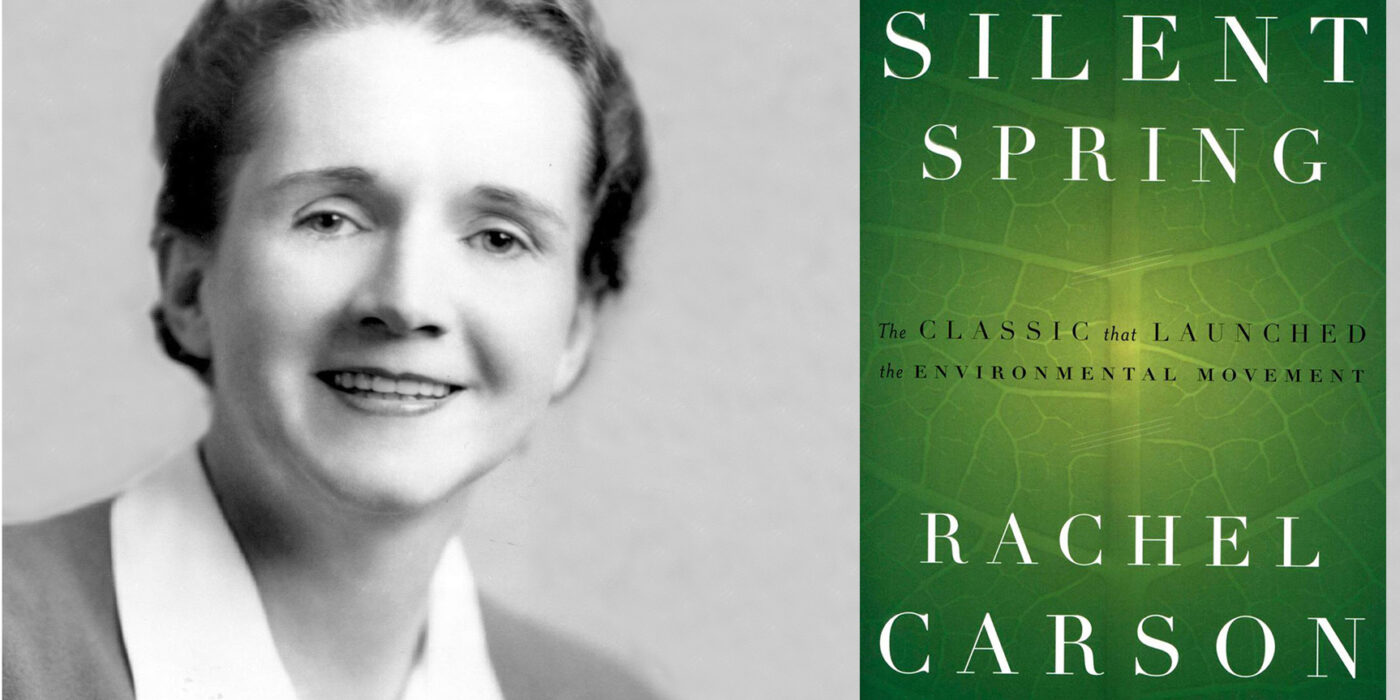Beyond Silent Spring: Moving Forward with Eyes Open
In 1962, Rachel Carson’s Silent Spring exposed the devastating ecological consequences of DDT, a chemical once considered a miracle solution. Her work not only revealed the dangers of a single toxin but also highlighted the broader risks of unchecked technological advancement.
The truth is, at the time, we barely considered the consequences at all. Post-war optimism and blind faith in science created a cultural environment where new technologies were rapidly embraced with little thought to their long-term impacts. Ecology was not yet a mainstream science, and the complex relationships within ecosystems—the risks of disrupting food chains, bioaccumulation, and slow, systemic harm—were poorly understood. The dominant mindset wasn’t “we know the risks but accept them,” but rather, “what could possibly go wrong?”
That mindset cost us dearly. But it also taught us an enduring lesson: don’t alter ecosystems blindly.
Now, as we face a planetary climate crisis, that lesson remains urgent. But it’s often misunderstood.
Some critics of climate restoration techniques like Ocean Iron Fertilization (OIF) invoke Silent Spring as a warning. They ask: “Are we repeating the same mistake? Are we intervening in the natural world before fully understanding the risks?”
But here’s the crucial difference:
Back then, we didn’t know there was a risk—now, after unintentionally geoengineering the climate for centuries, we do.
We are not blind. We are not unaware. The risks of OIF—ecological shifts, nutrient imbalances, unintended side effects—have been studied for decades. We don’t have all the answers, but we are asking the right questions. And that changes everything.
This is not about avoiding all risk. It’s about acknowledging risk, planning for it, and measuring what matters.
In science, we never fully understand anything—especially not complex systems like the ocean or the climate. But that can’t be an excuse for paralysis. Inaction is not neutral; it carries its own catastrophic risks. The collapse of ocean ecosystems, runaway warming, and acidification are not theoretical—they’re happening now.
So here’s the shift in mindset we need:
- From “Don’t act until you fully understand”
to
“Act with humility, transparency, and a commitment to learn.” - From “Let’s not take the risk”
to
“Let’s take informed, measured steps to avoid far greater risks.”
At the Climate Restoration Alliance, we’re advancing OIF projects with that philosophy. We monitor, we measure, we model. We secure permits. We consult communities and ecologists. We operate with openness and a bias for learning. Because we know: this isn’t Silent Spring. This is a moment of conscious responsibility.
We’re not flying blind—we’re navigating through crisis with our eyes open.


Thank you for the clarity of the distinction between mindless geoengineering and the thoughtful creation of ocean pastures using the biomimic process of ocean iron fertilization (OIF).
The opportunity to return our environment to the safe harbor of preindustrial levels by 2050 offered by OIF is something that humanity needs to know about and pursue if we are to restore our environment for future generations.
Chuck T.
Climate Restoration Alliance Ambassador.